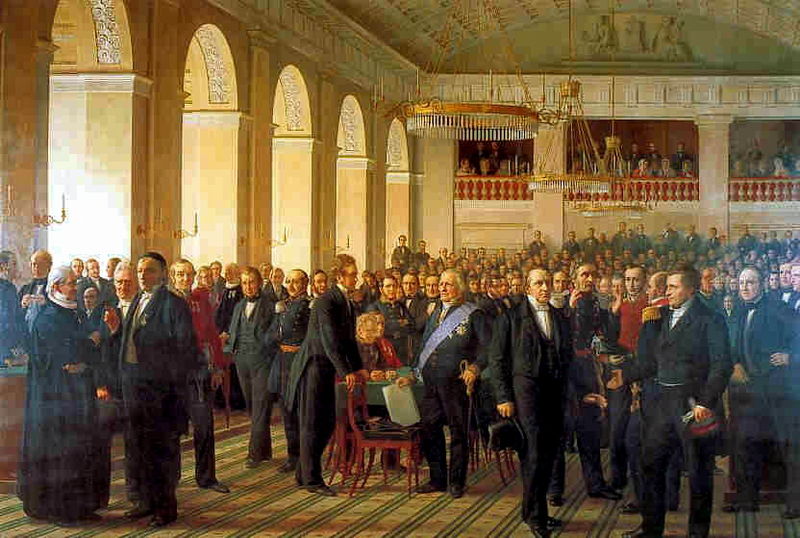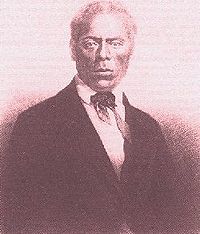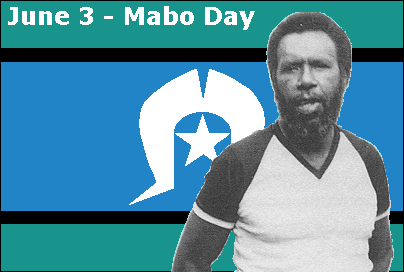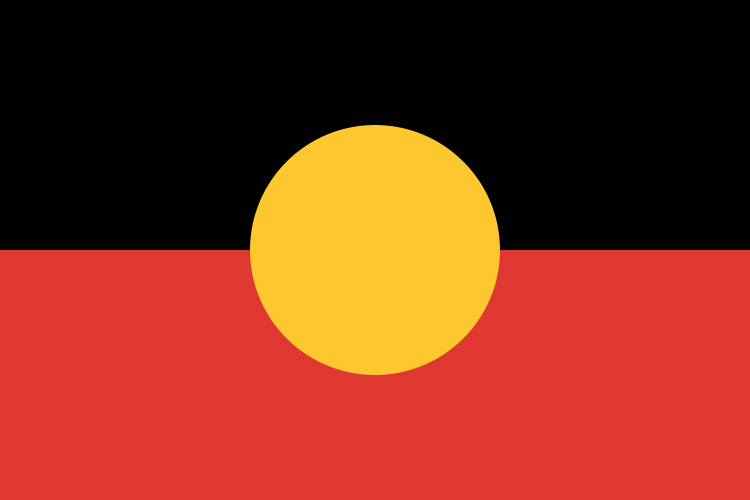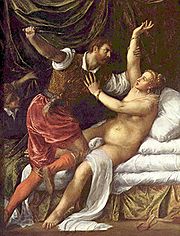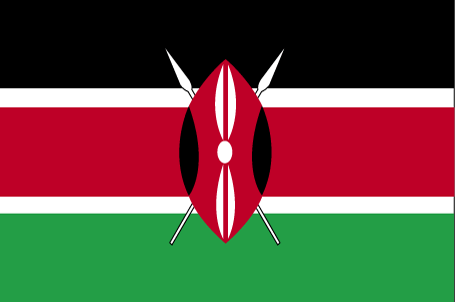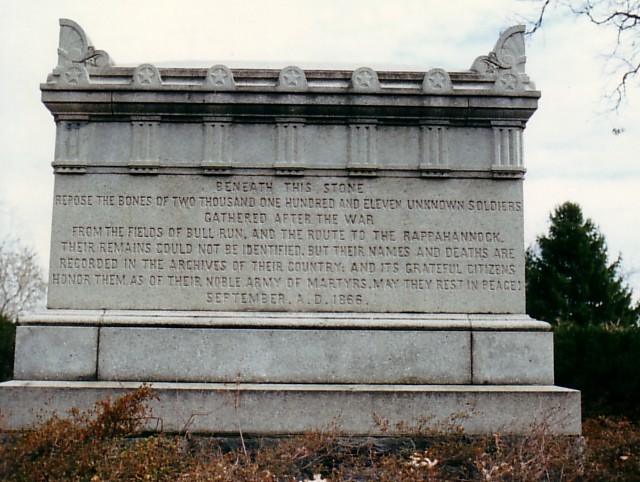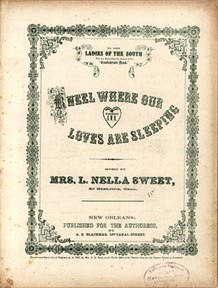June 5
“O Denmark! in thy quiet lap reclined,
The dazzling joys of varied earth forgot,
I find the peace I strove in vain to find,
The peace I never found where thou wert not.”Adam Gottlob Oehlenschlager, “To My Native Land“
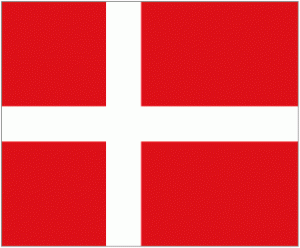
Denmark’s two main national holidays celebrate completely contradictory principles. One celebrates the birthday of the monarch (April 16) while the other celebrates the anniversary of the taking of power away from the monarch, on June 5, 1849.
To understand the importance of the 1849 Constitution, we have to delve into the histories of the Danes and Swedes, which are hopelessly incestuous until 1523. Don’t even try telling the two apart before then. But Sweden’s breakaway in 1523 led to a new relationship between the two. Namely, one of war, a hobby the two nations pursued with abandon for the next century and a half.
Finally along came a Danish king in the mid 17th century, Frederick III, who somehow managed to win over the hearts and minds of the Danish people by leading them to utter defeat at the hands of the Swedish in 1658—and then by staging an unprecedented comeback in Game 7 of the Dano-Swedish War (1658-1660), defending the city of Copenhagen from destruction and forcing Sweden to relinquish territory.

The crowds went wild. The conqueror Frederick III became the Lakers of Denmark, and his popularity grew to such an extent that the First Estate was persuaded to disband the legislative assembly and concede all power to Frederick. This was accomplished by the Lex Regia Perpetua / Kongelov (King’s Law), a document which…
“has the highly dubious honour of being the one written law in the civilized world which fearlessly carries out absolutism to the last consequences.” (R. Nisbet Bain, Danmarks Riges Historie)
The king’s word was the law of the land for nearly two centuries. It wasn’t until 1849 that King Frederick VII peacefully overturned the principles of the Kongelov, relinquishing absolute power and establishing the constitutional monarchy of Denmark.
The last revision to the Constitution was in 1953, also on June 5.
How to celebrate Constitution Day? Or Grundlovsdag as it’s called…
According to wikipedia.org,
“Some people attend political meetings, though many – especially the elderly – meet at the sites of the political meetings to drink beer and other alcoholic beverages.” (Public Holidays in Denmark)
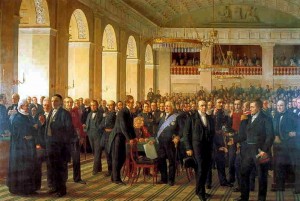
Official Denmark Constitution – Royal Danish Ministry of Foreign Affairs

